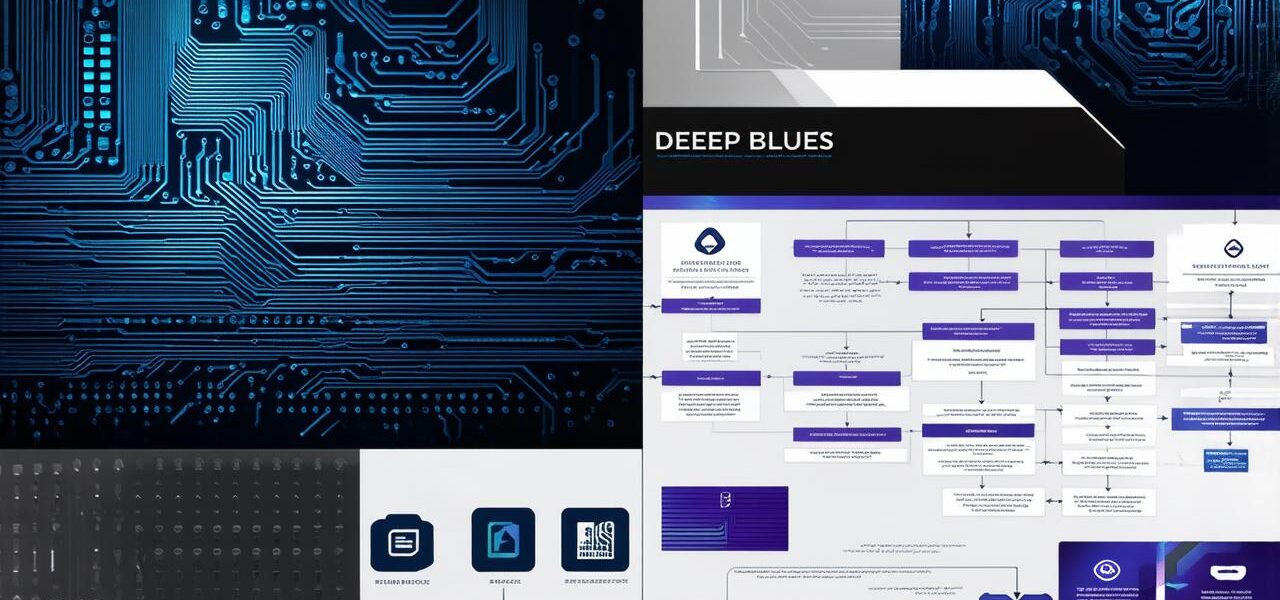
Exploring the Complexity of Blockchain Development
Blockchain technology has gained significant attention in recent years as it provides a decentralized, secure, and transparent way to store and transfer information. However, developing a blockchain solution is not an easy task, as it involves complex processes and requires specialized knowledge.
Understanding Blockchain Development Processes
The development process of a blockchain solution typically involves several stages, including designing, coding, testing, and deploying. Each stage requires specific skills and knowledge to ensure that the final product meets the requirements and is secure.
Designing a blockchain solution involves identifying the problem or opportunity that it aims to solve, determining the type of blockchain architecture that best suits the purpose, and defining the rules and protocols that govern the network. The design phase also requires considering the scalability, performance, security, and usability of the blockchain solution.
Coding a blockchain solution involves writing smart contracts and implementing the consensus mechanism, which is responsible for validating transactions and adding them to the blockchain. The coding phase also involves integrating the blockchain solution with other systems and ensuring that it meets the technical standards and best practices.
Testing a blockchain solution involves verifying that it functions as expected and meets the requirements. Testing can be done manually or automatically, and it involves identifying and fixing bugs and vulnerabilities in the code.
Deploying a blockchain solution involves deploying it to a public or private network, configuring it for production use, and monitoring its performance and security. The deployment phase also requires integrating the blockchain solution with other systems and ensuring that it is compatible with different devices and platforms.
Implications of Blockchain Development
Blockchain development has significant implications for various industries, including finance, healthcare, supply chain management, and digital identity. Here are some examples:
Finance: Blockchain technology can be used to provide faster, cheaper, and more secure ways to process transactions. For example, blockchain-based payment systems like Bitcoin and Ethereum have disrupted traditional banking and payments, enabling individuals to send and receive money without intermediaries.
Healthcare: Blockchain technology can be used to create a secure and transparent system for storing and sharing medical records, reducing the risk of errors and fraud. For example, MediLedger, a blockchain-based platform developed by IBM, enables healthcare providers to track medication distribution and prevent counterfeit drugs from entering the supply chain.
Supply Chain Management: Blockchain technology can be used to create a transparent and secure system for tracking products throughout the supply chain, reducing the risk of fraud and improving efficiency. For example, Walmart uses a blockchain-based platform called Food Trust to track the origin and movement of food products, enabling consumers to access information about the products they are buying.
Digital Identity: Blockchain technology can be used to create a secure and decentralized system for managing digital identities, reducing the risk of identity theft and improving privacy. For example, Sovrin Foundation, a nonprofit organization, has developed a blockchain-based platform that enables individuals to control their digital identities and share them with trusted parties.
Real-Life Examples of Blockchain Development
Here are some real-life examples of blockchain development in various industries:
Finance: Cryptocurrencies like Bitcoin and Ethereum have gained significant attention as they provide a decentralized and secure way to store and transfer value. These cryptocurrencies use blockchain technology to enable peer-to-peer transactions without intermediaries, reducing the risk of fraud and increasing transparency.
Healthcare: MediLedger is a blockchain-based platform developed by IBM that enables healthcare providers to track medication distribution and prevent counterfeit drugs from entering the supply chain. The platform uses smart contracts to ensure that medications are authentic and have not been tampered with, reducing the risk of adverse events and improving patient safety.
Supply Chain Management: Walmart uses a blockchain-based platform called Food Trust to track the origin and movement of food products, enabling consumers to access information about the products they are buying. The platform uses smart contracts to ensure that the products are authentic and have not been tampered with, reducing the risk of contamination and improving food safety.
Digital Identity: Sovrin Foundation is a nonprofit organization that has developed a blockchain-based platform that enables individuals to control their digital identities and share them with trusted parties. The platform uses smart contracts to ensure that the identity data is authentic and secure, reducing the risk of identity theft and improving privacy.
FAQs
Here are some frequently asked questions about blockchain development:
1. What is blockchain development?
Blockchain development involves designing, coding, testing, and deploying a decentralized, secure, and transparent system for storing and sharing information.

2. How does blockchain development work?
Blockchain development involves several stages, including designing, coding, testing, and deploying. Each stage requires specific skills and knowledge to ensure that the final product meets the requirements and is secure.
3. What are the implications of blockchain development?
Blockchain development has significant implications for various industries, including finance, healthcare, supply chain management, and digital identity. Blockchain technology can be used to provide faster, cheaper, and more secure ways to process transactions, reduce the risk of errors and fraud, improve efficiency, and enhance privacy and security.
4. What are some real-life examples of blockchain development?
Here are some real-life examples of blockchain development in various industries:
- Finance: Cryptocurrencies like Bitcoin and Ethereum, MediLedger (healthcare), Walmart’s Food Trust platform (supply chain management), and Sovrin Foundation’s identity management platform (digital identity).



